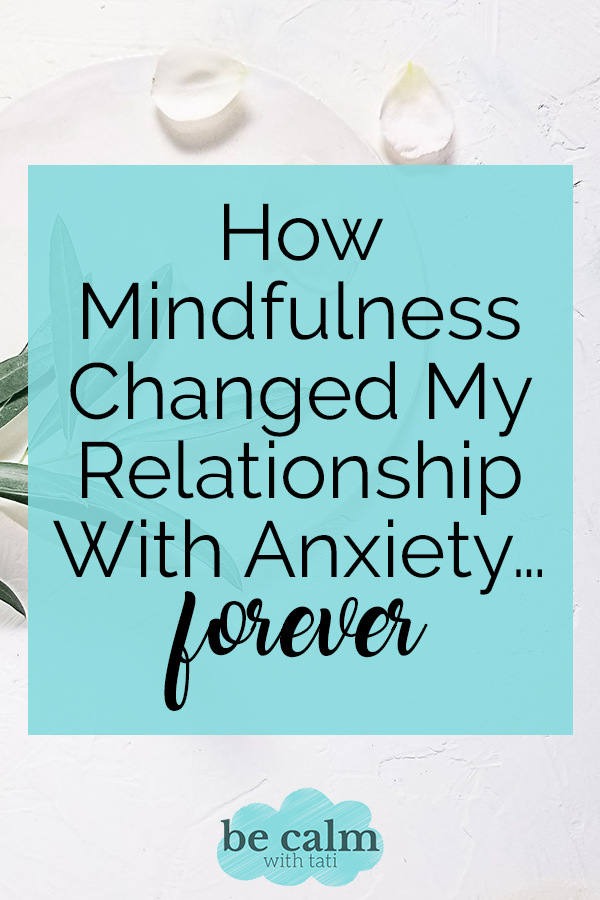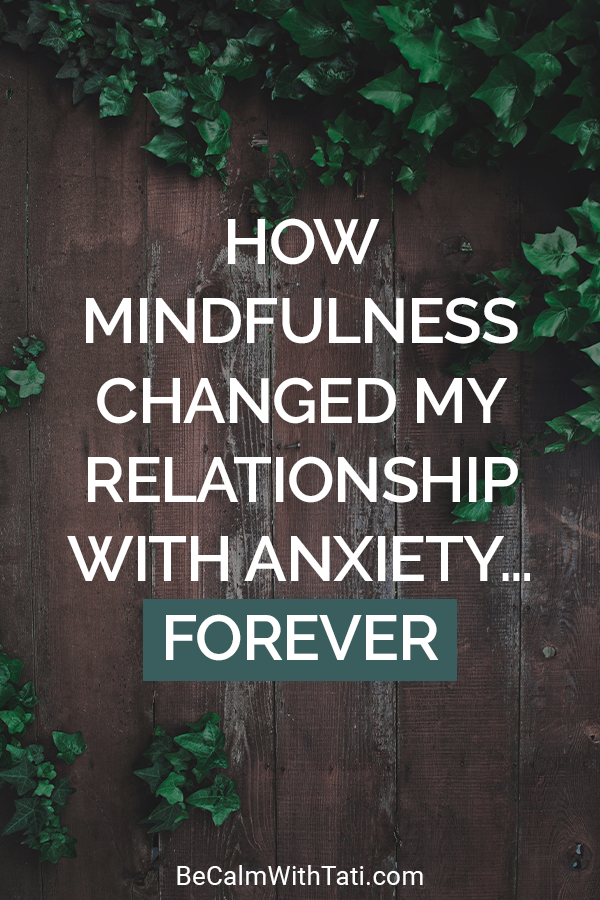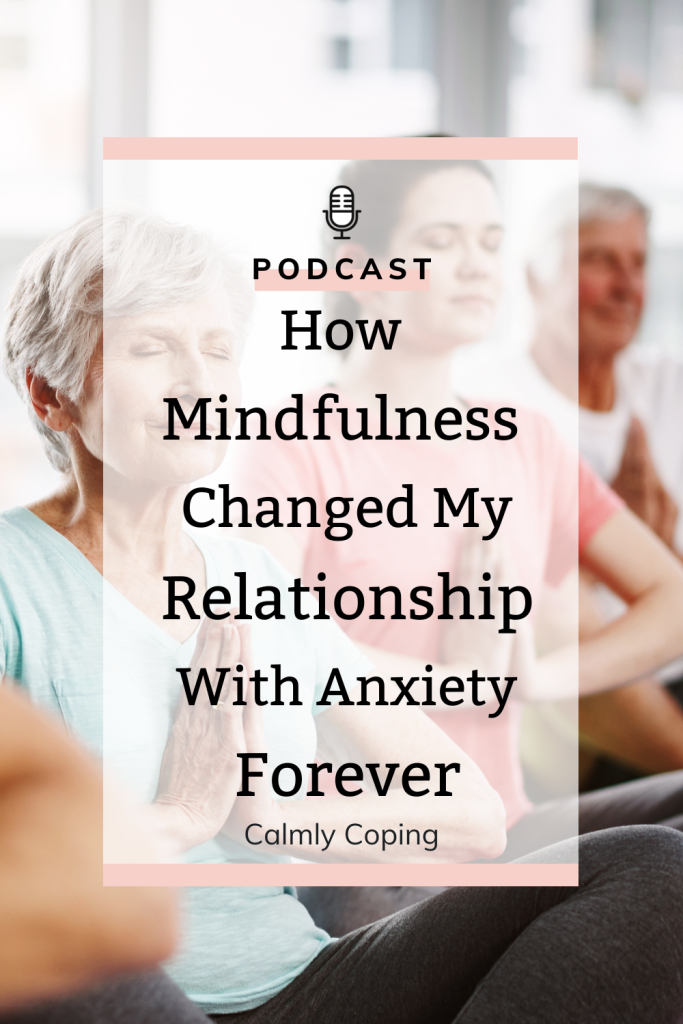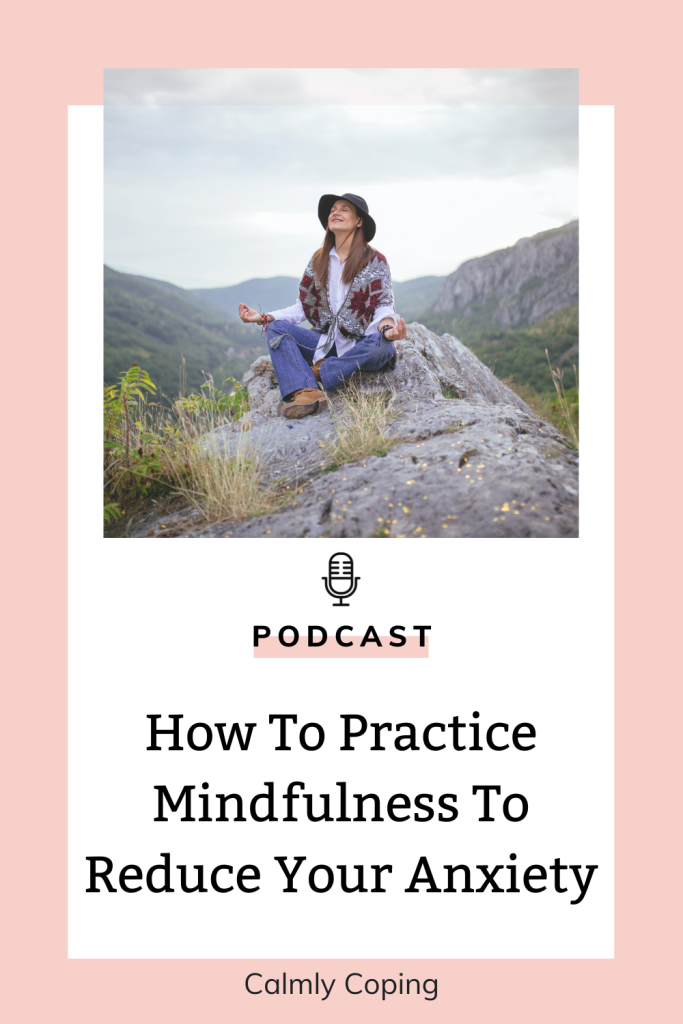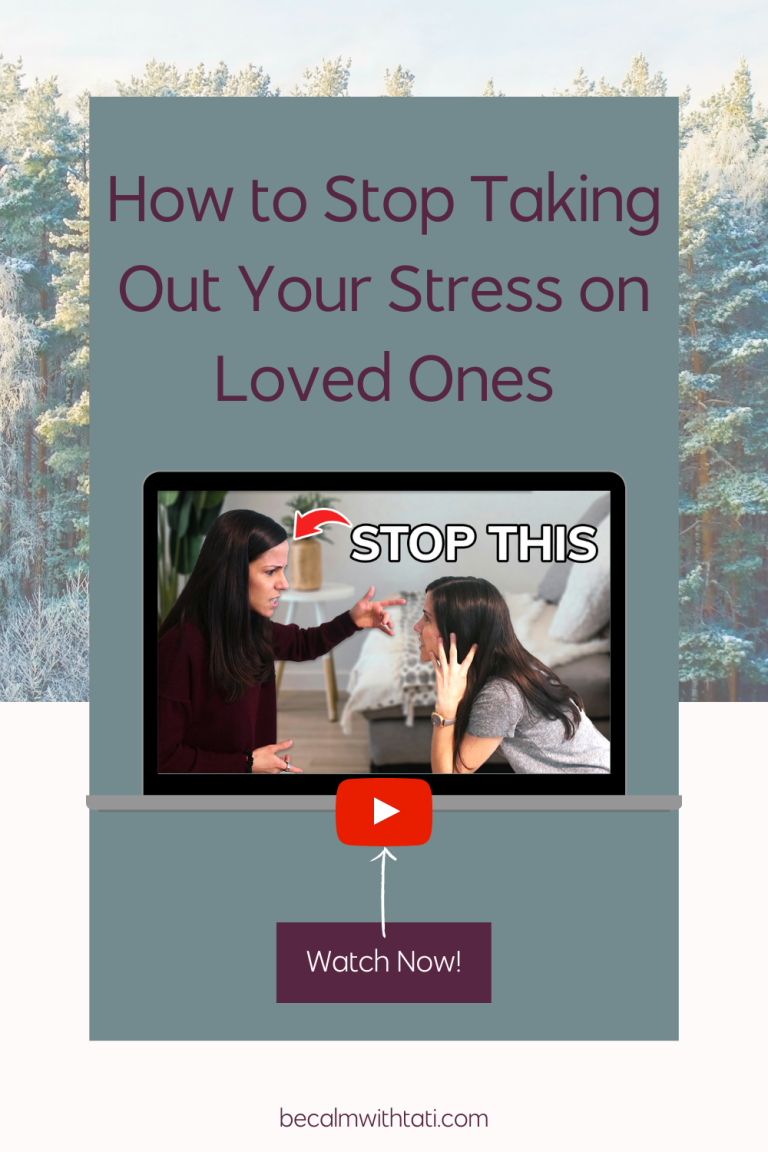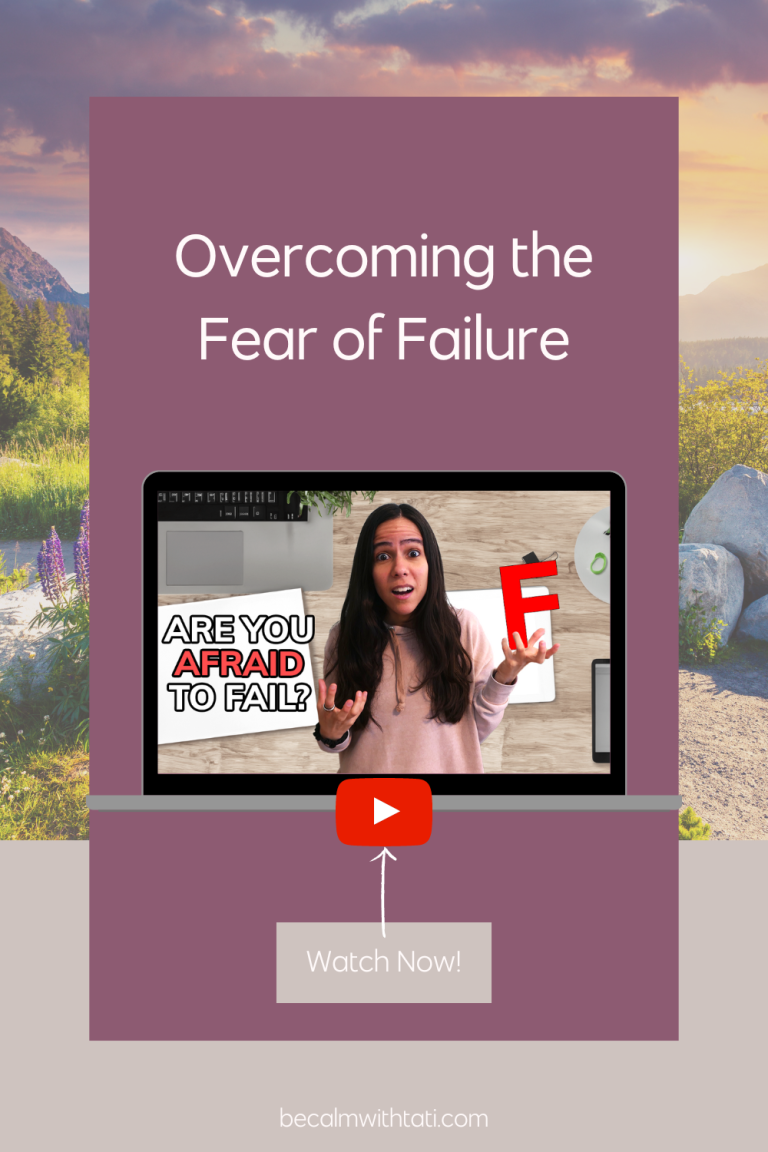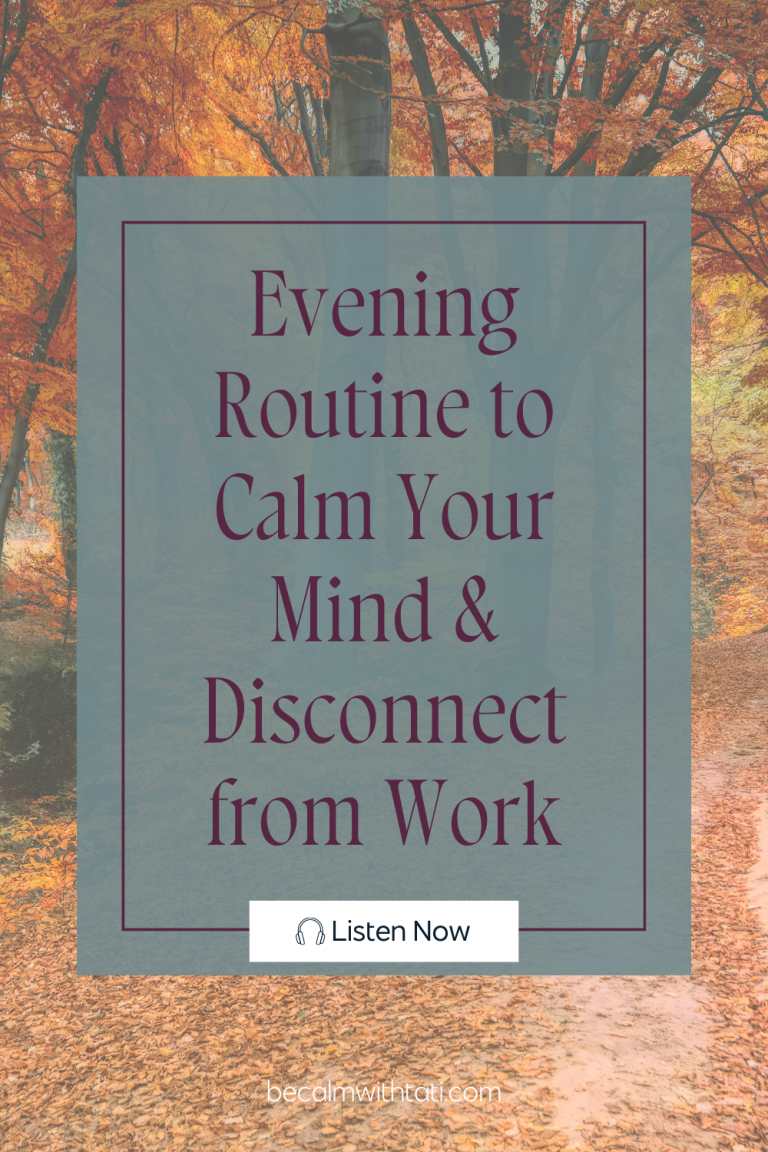I started practicing mindfulness some time in 2014.
To be honest, I’m not entirely sure what got me into it. I know it must have come up at some point during me researching techniques to use with my clients in psychotherapy.
I have always been a proponent of practicing what I preach, so I figured I couldn’t just recommend meditation without trying it myself first.
So began my journey into guided meditations, mindfulness, and educating myself on the topic through books, courses, podcasts, blogs and more…

It has been a journey of ups and downs. Periods of practicing mindfulness daily, and stopping for a while. One thing that has been consistent is that my mental health and my anxiety have always been significantly better during the periods that I am practicing mindfulness regularly.
But before we get into the why, let’s talk about the what.
What Is Mindfulness?
Mindfulness is non-judgmental present moment awareness. It’s as simple (and as difficult) as that.
Let’s start with the non-judgmental piece. I don’t know about you, but I am constantly making judgments in my head. About myself, about the weather, about my thoughts, about the expectations I have for myself and the people close to me (I am very intentional about keeping judgment out of my therapy office).
Because you see, that’s what your mind does. You judge whether you like things or don’t like them and it’s so automatic you don’t even realize it. And often, you are the hardest on yourself.
Practicing becoming non-judgmental has changed my relationship with myself. It is a daily practice. It helps me be kind to myself, accept myself and others for exactly who we are, and have an open, more optimistic outlook.
Present moment awareness can be a challenge, especially nowadays. Things are constantly battling for your attention. Whether it is from social media, text messages, email, television, the inundation of the news… it is a never-ending barrage of other moment awareness.
These things take you out of the now.
Anytime your mind is in a moment other than right now, you are either living in the future or the past. Being in the present allows you to focus on the one and only thing you can influence: the now.
Anxiety is often associated with future-oriented thinking: the what if’s, and worst-case scenarios.

How To Practice Mindfulness And Reduce Anxiety
There are two types of mindfulness practices: formal and informal.
Formal mindfulness practices include an actual meditation. Where you spend time seated, lying down, or in any position that suits you, choose a focus, and practice being present and paying attention.
Guided meditations are a great place to start. My favorite meditation app is Insight Timer.
Informal mindfulness practices involve bringing present moment awareness with you throughout your day. Maybe you choose to bring mindful awareness to the time you spend brushing your teeth (how it feels, tastes, what you see, smell, and what thoughts come up), instead of spending the time rushing through it and thinking about what you’re going to eat for breakfast, what you have to do today, etc…
Back a few years ago I worked near one of my favorite parks. I used to spend my lunch break going on mindful walks, not listening to music or a podcast. Just me, paying attention to the physical sensations in my body, the sounds of the birds chirping, the smell of the fresh air, and the sights around me. Those were restorative moments that helped decrease my stress, anxiety, and increase my gratitude for the natural beauty around me.
How Has Mindfulness Helped My Anxiety?
Before I started meditating and practicing mindfulness, I felt helpless when it came to my anxiety and my emotions. I didn’t even understand how I could possibly stop these uncomfortable experiences, why I was so avoidant of certain things, and what caused me to overthink things so much.
I was living my life on auto-pilot and mindfulness gave me the power to choose how to respond instead of automatically reacting to my thoughts and emotions.

1. Mindfulness helped me catch the patterns of thought that constantly replay in my head.
- Planning for the future
- Fear of forgetting something
- Fear of failure (hence my perfectionistic tendencies)
- The constant desire to be busy (but why?)
The list goes on. There are so many thoughts you probably have without even realizing it. And they all influence how you feel and what you do.
When I’m able to catch myself having these repetitive thoughts, I can be non-judgmental and redirect my attention to the present.
I can understand when these ways of thinking could be resulting in me getting in my own way, so that I can redirect myself to the proper path that will help me instead of worrying me.
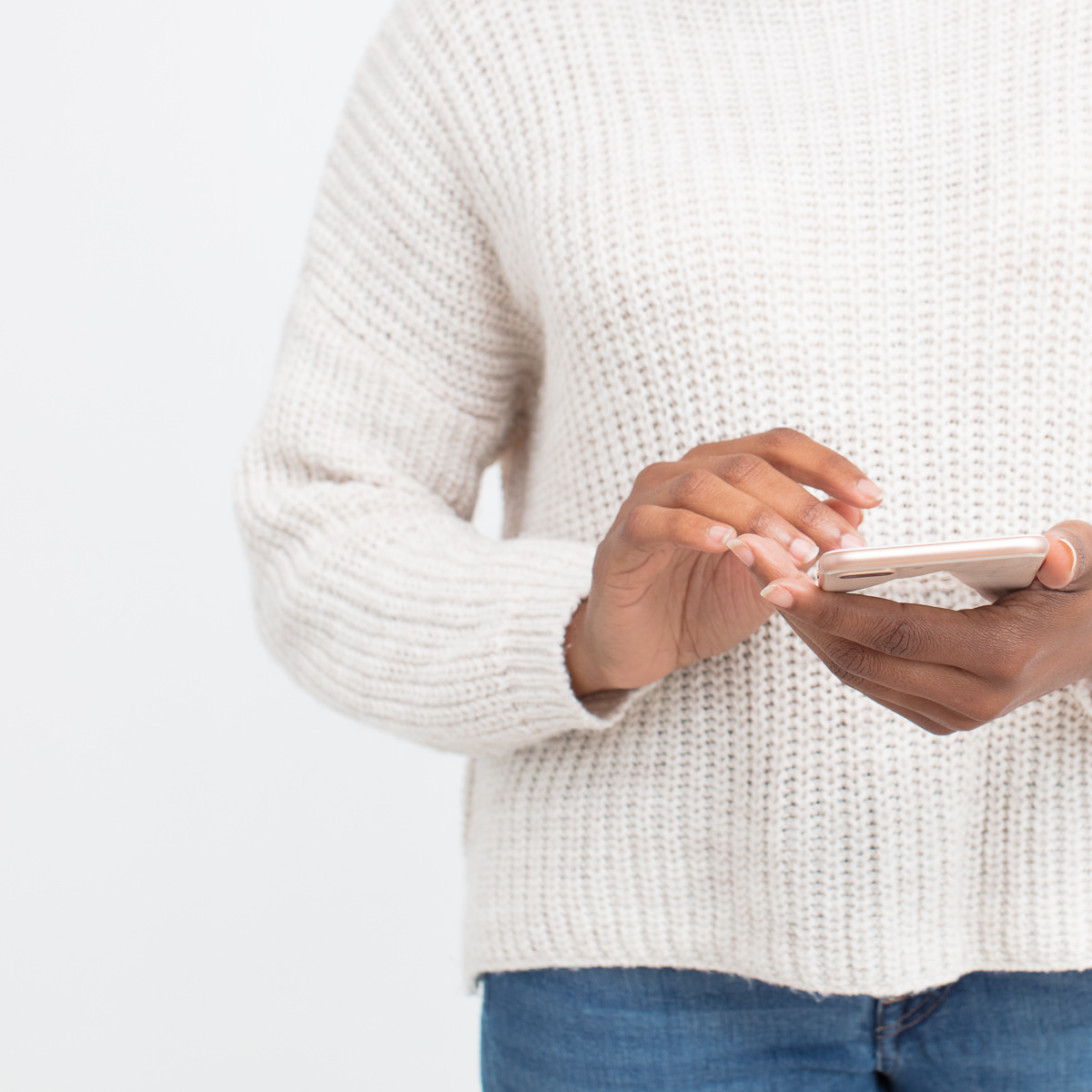
2. Mindfulness helped me respond instead of react to my emotions.
I used to worry about something bad happening to a person I loved… and so I would call and text, and seek reassurance, and then get anxious when I didn’t hear back.
I know now that I was just overthinking and overestimating the likelihood of bad things happening. I didn’t know what to do, so I let the anxious thoughts pile on top of each other and wasn’t thinking about what I was doing.
Now that I have mindful awareness of my thoughts, emotions, and physical sensations. I am not a prisoner in my body. I don’t just act mindlessly, but I can choose to let things go and not let those emotions get me caught in spirals of negative thought and frustration.
3. Mindfulness has helped me be more kind and accepting towards myself and others.
Implementing a non-judgmental attitude has been eye-opening. I realized how much I would criticize myself and the ones I loved. And it wasn’t even helping.
Anxiety is all about feeling out of control. When I was feeling anxious I would want to control myself and the people around me (that in reality I have absolutely no control over). This happened without my conscious awareness, and just because I felt anxious and uncomfortable.
I controlled myself by avoiding situations that made me feel anxious. I controlled others by making judgments when they did things that made me feel uncomfortable.
It’s hard to admit this, but it happened. And I can see how living in mindlessness was only hurting me and the people around me.
Mindfulness and the non-judgmental approach opened my eyes to this way of behaving, and how it affected my well-being, my confidence, and my relationships.
Has My Relationship With Anxiety Really Been Changed Forever?
The reason I can confidently say that my relationship with anxiety has been changed forever is because of the time I have spent reflecting, sitting in my discomfort, and becoming more aware of myself in a detached manner over the past 8 years.
This time has humbled me, but it has also changed my brain.
Studies have shown that meditation increases cognitive functioning in the brain and increases neuroplasticity, which is the brain’s ability to change.
One study states that participation in Mindfulness-Based Stress Reduction, an 8-week program involving daily mindfulness meditation, was associated “with changes in gray matter concentration in brain regions involved in learning and memory processes, emotion regulation, self-referential processing, and perspective taking.” People were better at the aforementioned process because an increase in gray matter equates to higher neuron density.
For the non-science geeks out there: mindfulness meditation literally changes your brain and improves the way you think about things, regulate your emotions, and interact with others.
But those changes don’t last forever if you don’t do anything.
It’s like a muscle: if you use it, then it gets stronger. If you don’t, then it atrophies.
That’s why I have noticed that the relationship between my mindfulness practice and anxiety is always better when I regularly meditating, just like how my fitness is always better when I am regularly working out. And it’s totally worth it.
So honestly, what do you have to lose?
